FindIt Selected Images
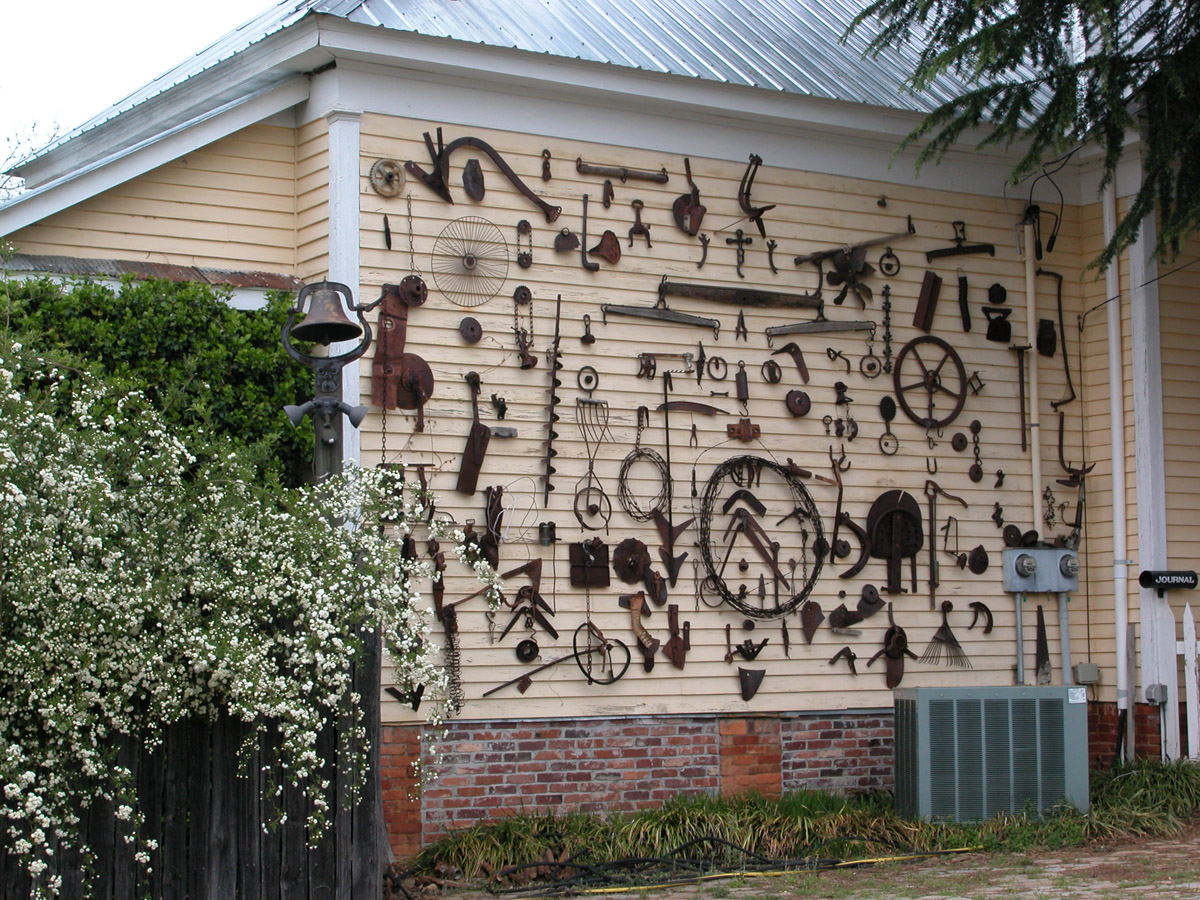 |
Unincorporated Georgia is full of surprises. FindIt surveyors have to be quick and prepared to deal with anything while out in the field; whether they encounter unique yard art or happen to drive into a ditch, FindIt students are ready to document the experience. Our surveyors get to experience firsthand what makes Georgia, Georgia. |
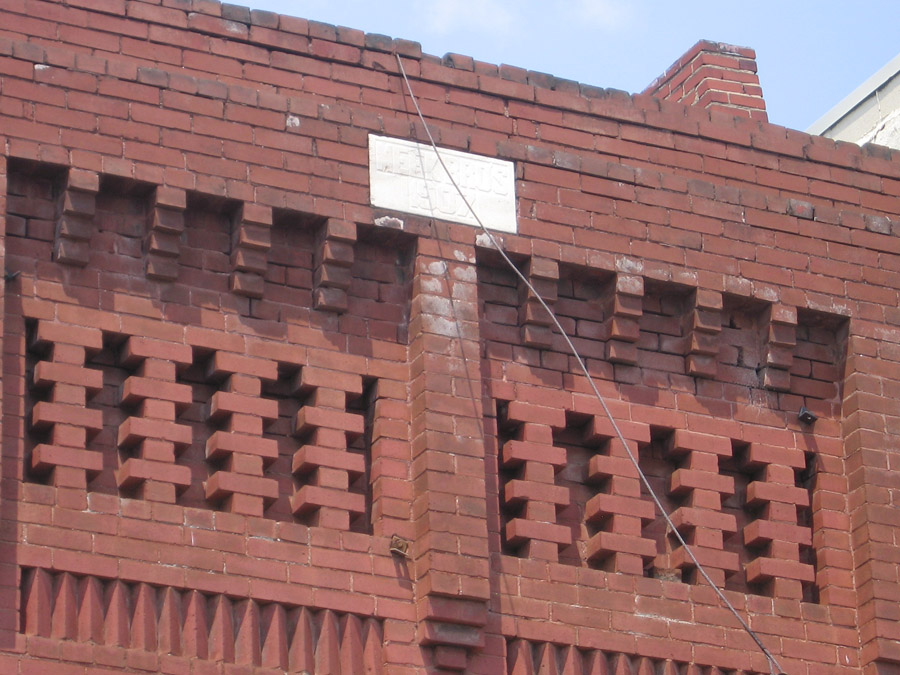 |
The artistry, pattern, whimsy and beauty of the smallest details are part and parcel of what makes historic resources unique. This collection of human handiwork, embedded in natural and manmade materials, is a showcase of delightful elements. |
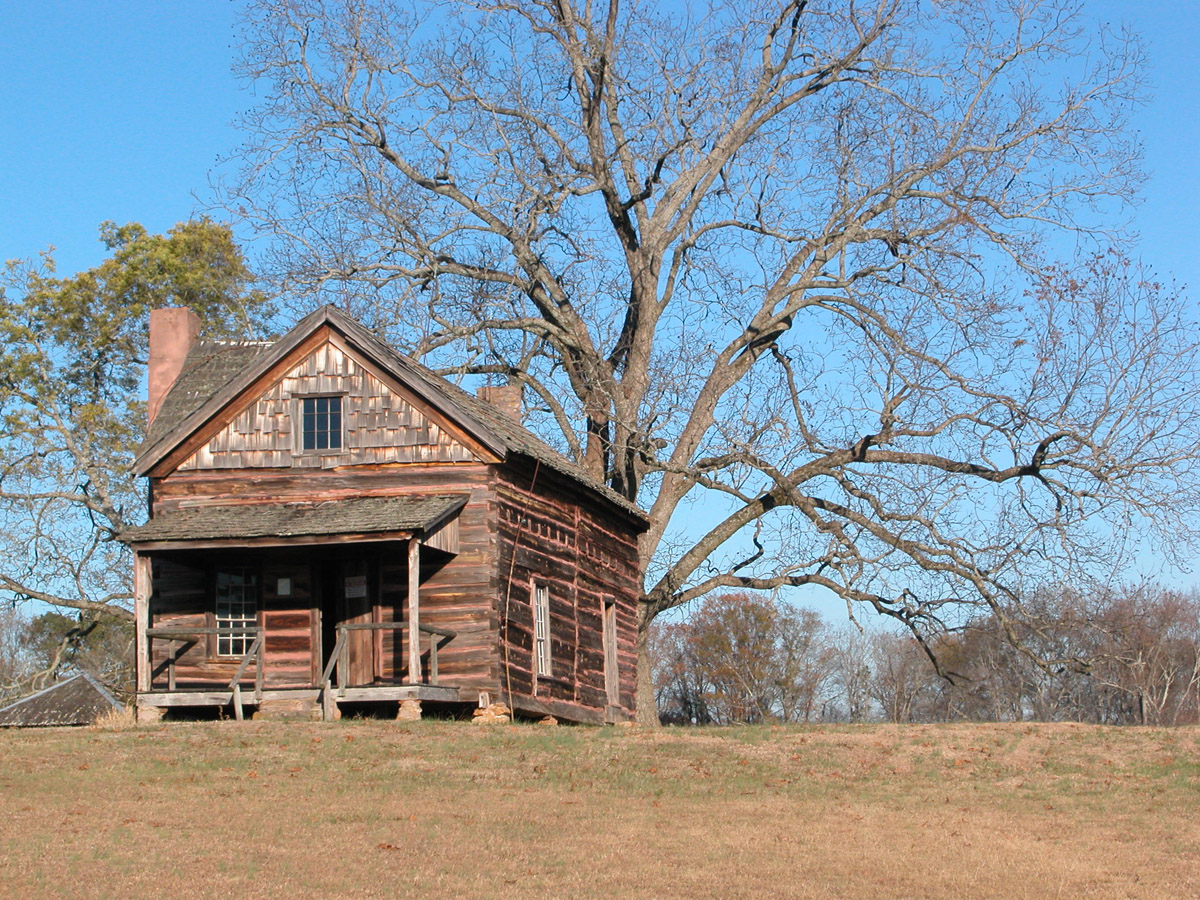 |
Approximately 90% of FindIt’s documented resources are buildings. A building is created to shelter any form of human activity. ‘Building’ may also be used to refer to a historically and functionally related unit, such as a courthouse and jail or a house and barn. |
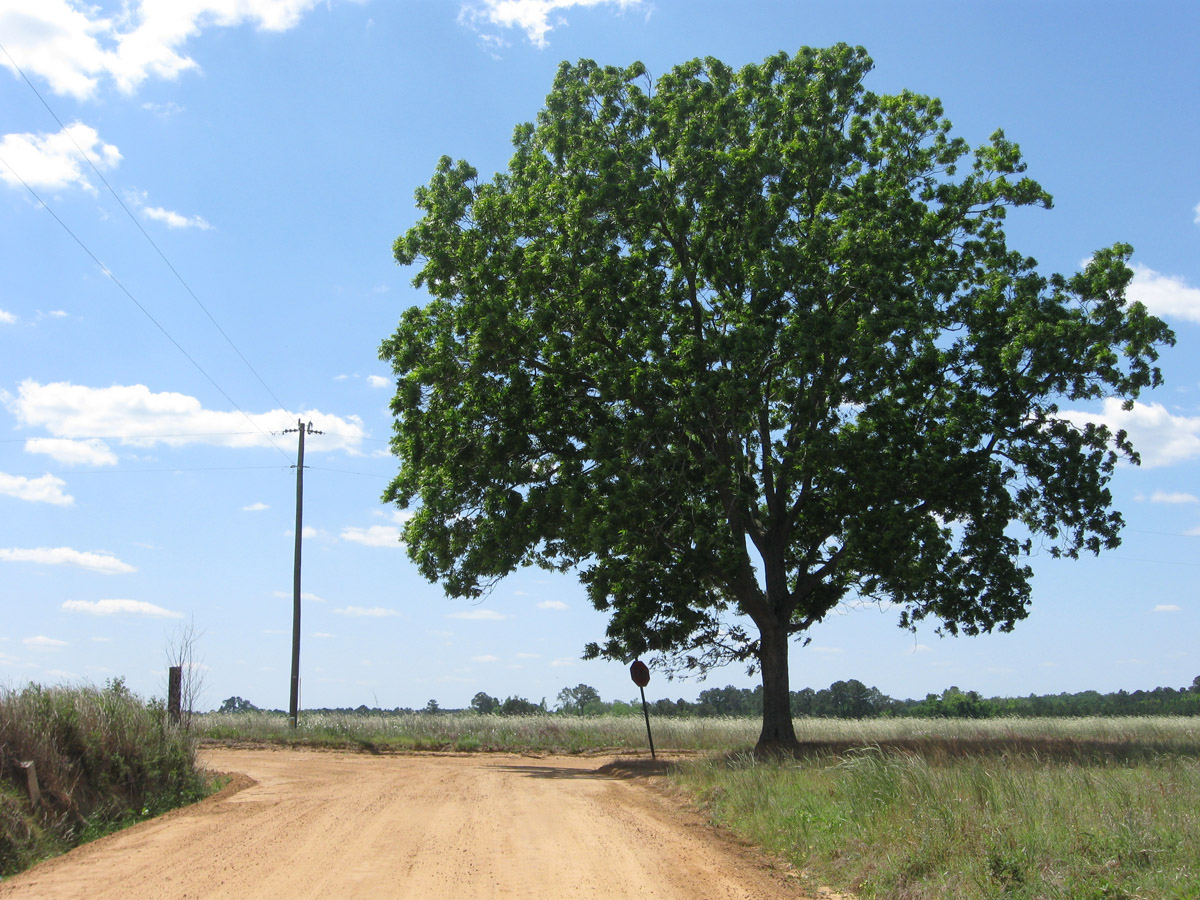 |
The term ‘landscape,’ is used to define a multitude of living environments from highly designed, to vernacular, to the ethnographic. Buildings are constructed in response to their natural settings, documenting their physical environments provides a more comprehensive understanding of the resource’s history. |
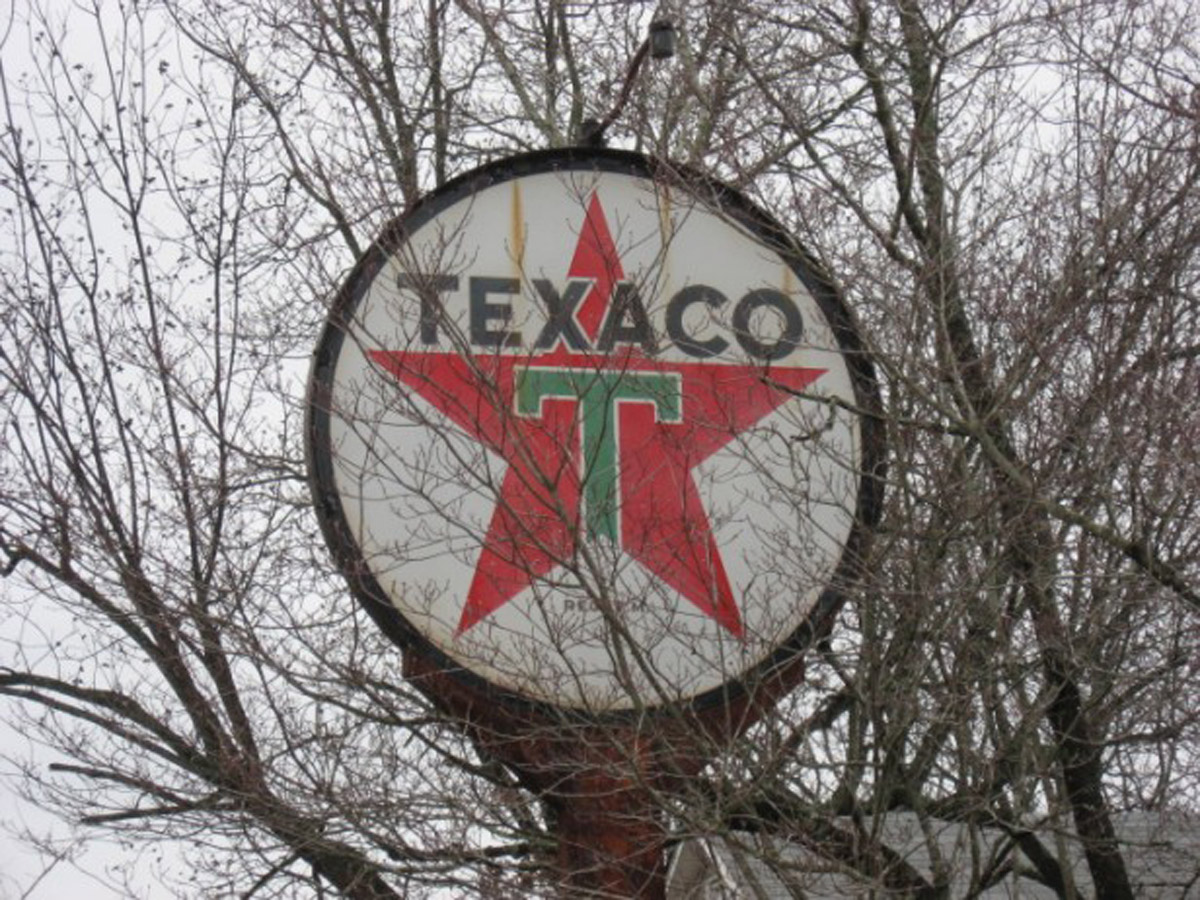 |
Objects of Cultural Significance Historic resources do not have to be remains of the built environment. Objects which have cultural significance provide evidence of how people interact with their surroundings. Often artistic in nature and utilizing local materials, objects provide colorful details and allow broader interpretation of an area. |
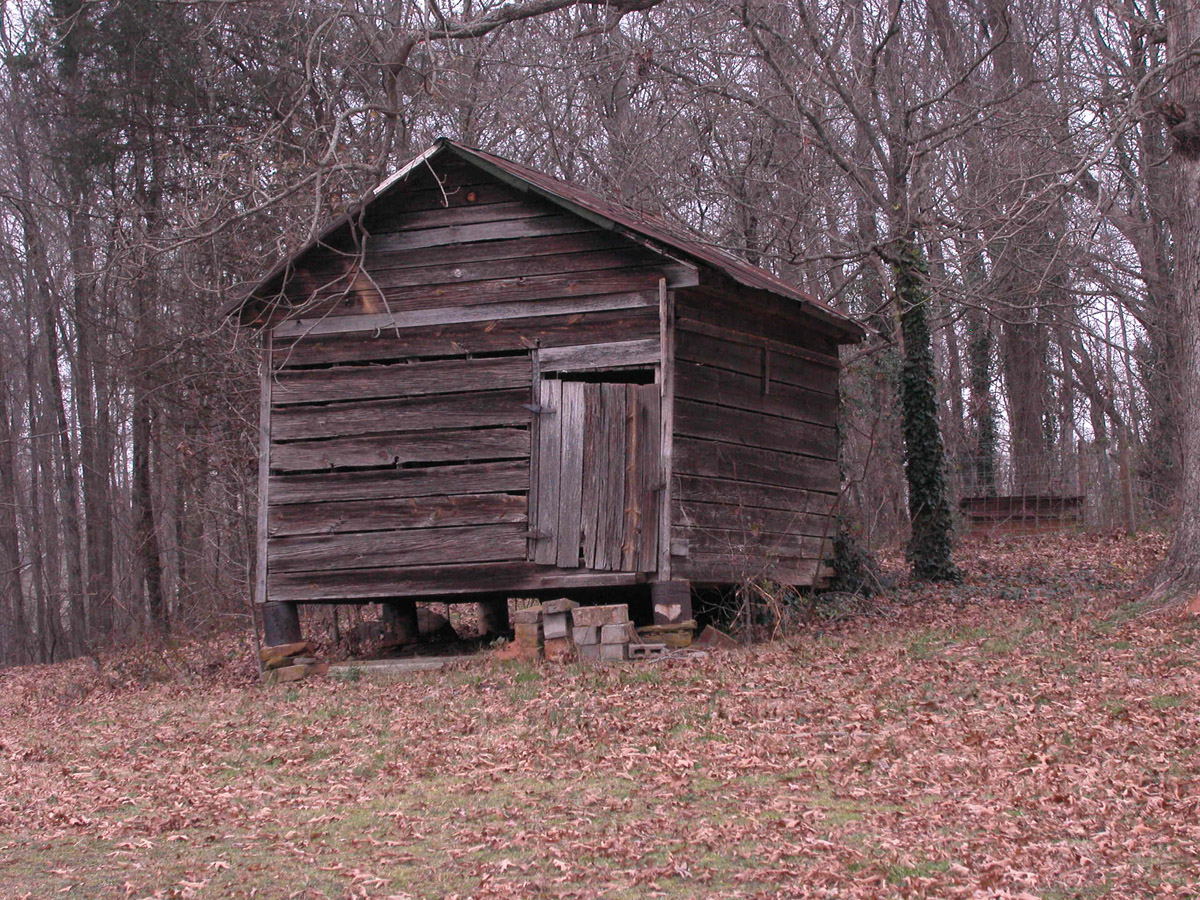 |
Outbuildings are a subtype of ‘buildings,’ and are often related to a primary building through location or use. Often, agricultural settings will include multiple types of outbuildings, i.e. dairy barn, corn crib, etc., as part of a larger parcel context. |
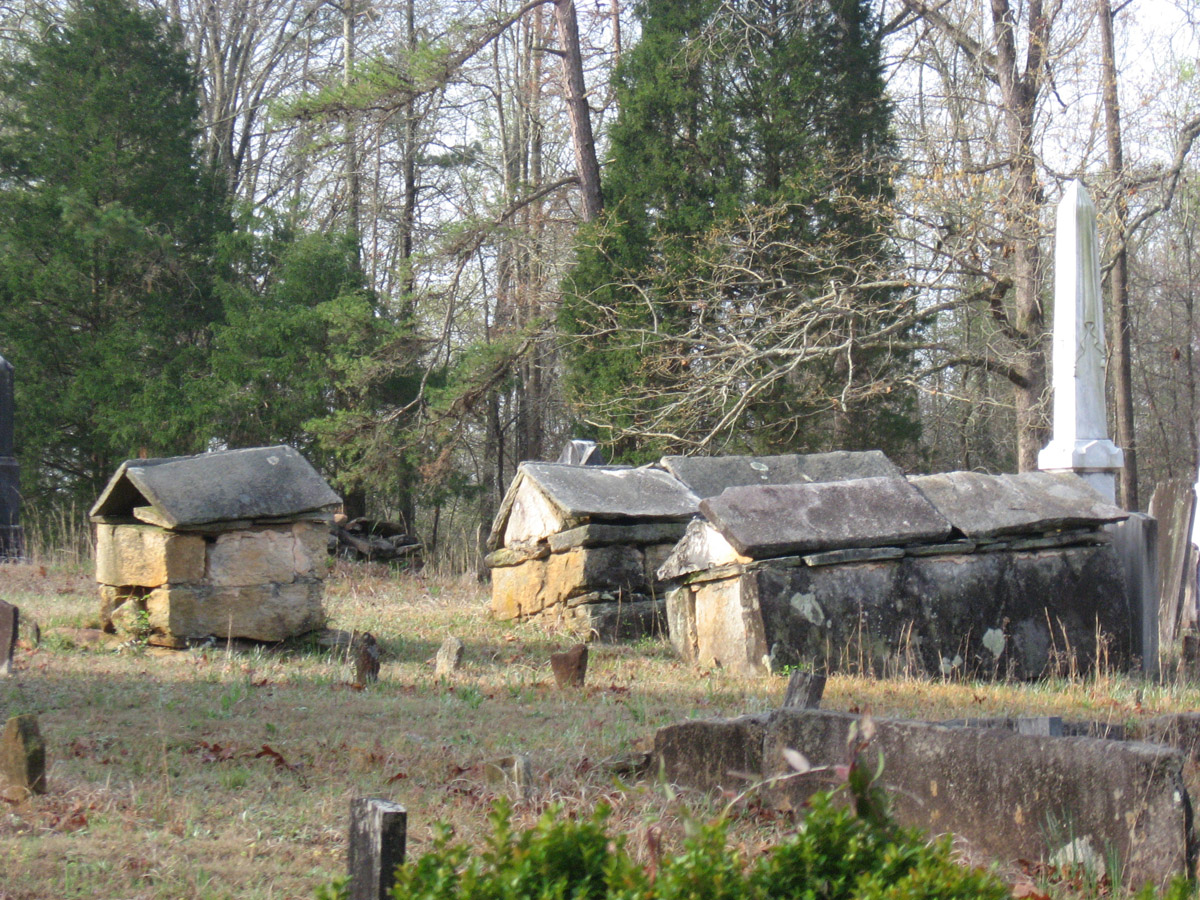 |
A site is the location of a significant event or historic activity where the location possesses cultural value. Examples of sites include cemeteries, battlefields and archaeologic grounds. Often in an area experiencing developmental pressures, sites are the only remaining intact historic resources. |
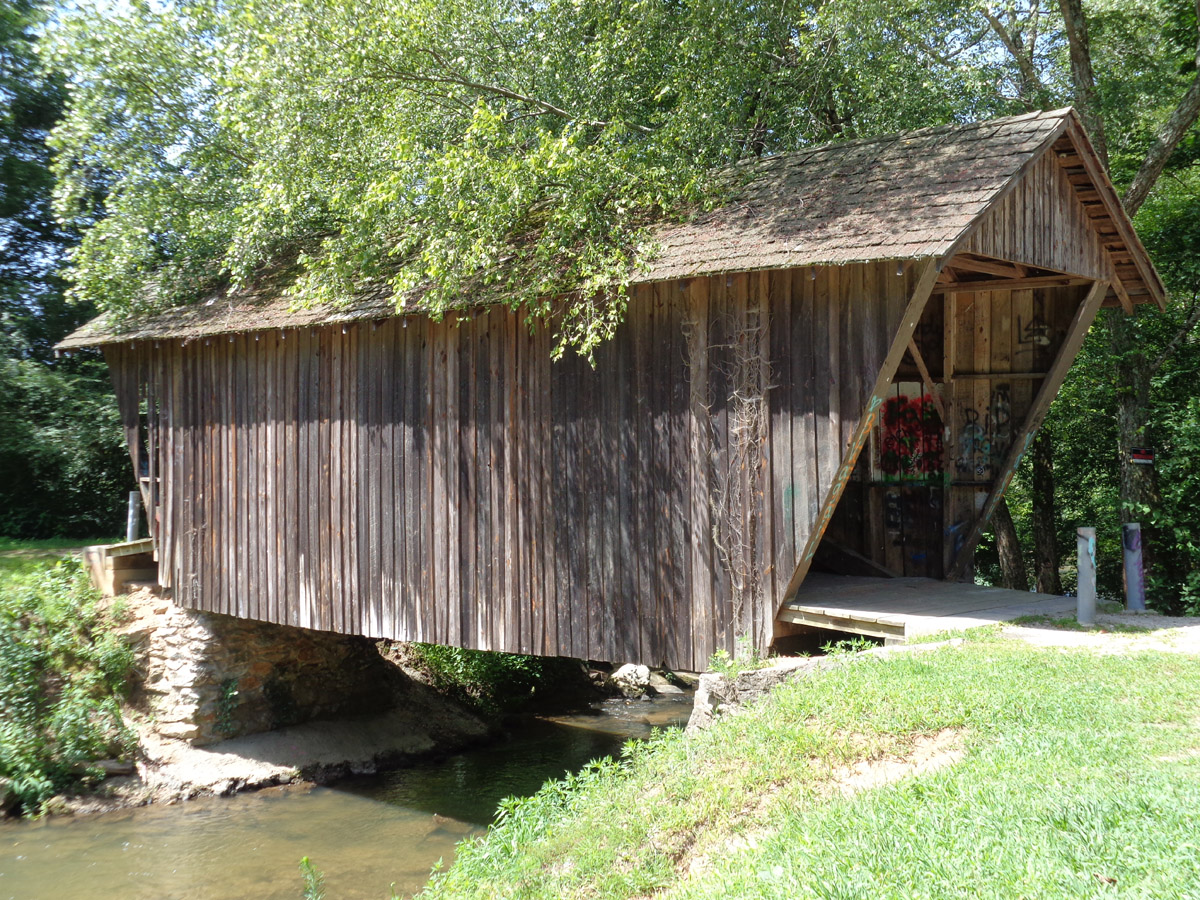 |
Structures are resources whose purpose is other than creating shelter. These utilitarian resources provide a context of the ‘everyday,’ and include structures like wooden bridges, fire towers, and dams. |
